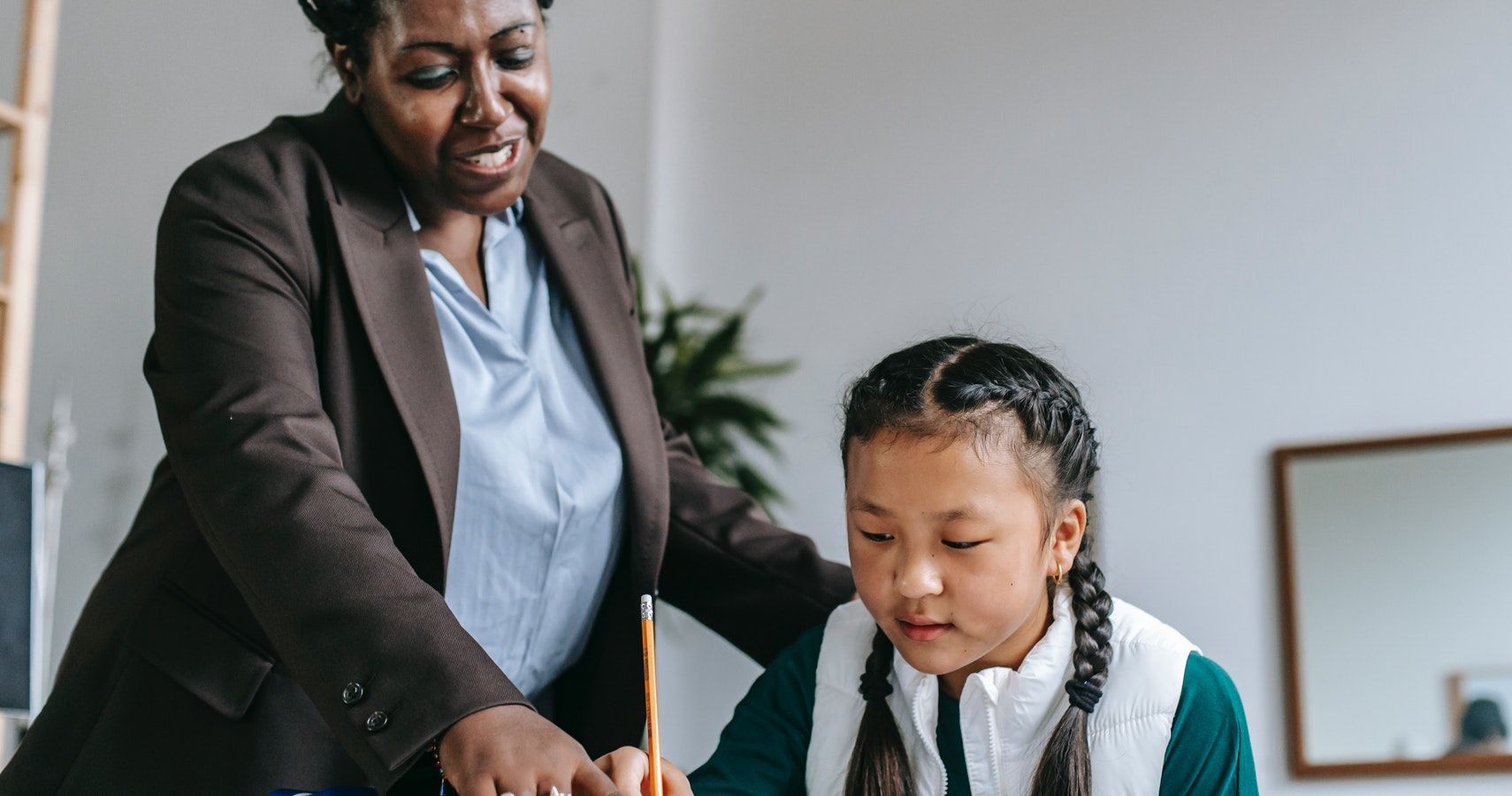Asian American kids are the most under-diagnosed population when it comes to learning disabilities. This comes from both how society views this population as well as how the Asian American community allows themselves to be seen. As such, while there is help available to aid those who are suffering from learning disabilities because many choose to hide or "mask" their disabilities, many educators are not even aware that their students are struggling. Because of this, an entire group of kids is essentially falling through the cracks.
According to NBC News, now that schools are no longer being taught remotely and students can get the help they need, nearly 20 percent of kids in the public school system are utilizing and are being helped by the Individuals with Disabilities Education Act. However, when the demographics are broken down into which populations are being helped by the Individuals with Disabilities Education Act, only seven percent of Asian American kids are being served, per the publication.
The Individuals with Disabilities Education Act was enacted to provide help to all public-school students between the ages of three and 21 to be through federally funding programs when their educators recognized learning disabilities that may be holding the students back, according to the American Psychological Association.
Further still, the Individuals with Disabilities Education Act provides those who have disabilities with accommodations to ensure that they not only understand the information being presented to them but put together an action plan as well. This is to ensure that those who are in programs under the act are successful, with the ultimate goal to be able to remain in a public school setting.
Nearly 1.4 million Asian Americans and Pacific Islanders have been identified as being disabled, according to the US Census Bureau, per NBC News. However, given the shame that is seen by admitting to having a learning disability, or any disability for that matter, many Asian Americans "mask" their symptoms, per the publication. When this happens, many go undiagnosed for years. And by not being diagnosed with a learning disability, suffer through education needlessly in the process.
Anything short of being perfect, be it having a disability or mental illness is seen as something that can bring shame to not only the family but the entire culture at large, according to McLean. The amount of shame is all hinged upon how disability is viewed in each individual culture and whether disabilities are looked at as something that can be "cured" versus something that requires extra assistance to thrive in life, per NBC News.
According to the publication, many cultures believe that if school-aged kids try harder, they will overcome their disabilities. As such, even for kids who know they need help, they may not seek it out because it is not allowed by their parents to do so. And when this happens, they are forced to quietly bear the burden of a learning disability while attempting to work their way through school.
Source: NBC News, American Psychological Association, US Census Bureau, McLean

